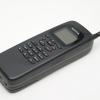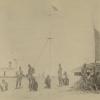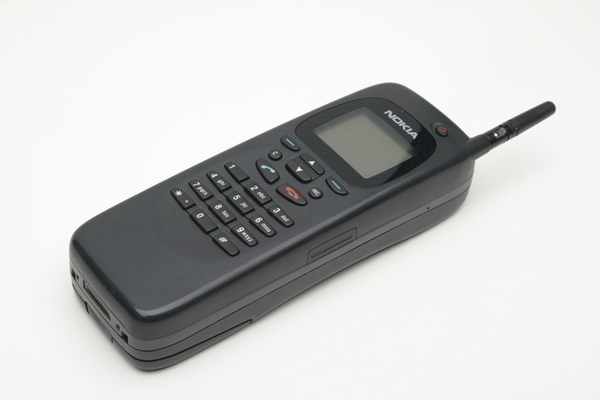The Arab Spring and the 'social media revolution'
The recent series of events that we now know as the Arab Spring have been portrayed in the media as a peaceful social media revolution.
Starting in December 2010 in Tunisia, and moving through Egypt and countries like Libya, Yemen, and Syria, all the way to Bahrain, the "youth" attempted to overthrow their authoritarian regimes. Smart mobile phones and social media like Facebook and Twitter played an important part in co-ordinating action and getting news out to concerned parties in other cities and across borders. Many news reports have portrayed the social media as forcing leaders in the Arab world to step down.
Communication technologies have always played an important role in conflict situations. They are used or influenced not only by revolutionaries, but also by ruling regimes. At the start of the Arab Spring, many of the targeted regimes had no experience with social media opposition. Their overthrow was not a result of incompetence, but a lack of knowledge about the new media and technologies like laptops and cell phones. Those who control a country's communication infrastructure can easily block certain sites – or even the internet entirely – or simply use the internet and mobile phone message to track dissenters, follow plans, and gather evidence. Other Arab regimes immediately took measures to control the social media further.
Yet communication technologies at all times open up ways to "spread the word," as Radio Free Libya showed by operating at the fringes of Libyan territory.

How to cite this page
Suzanne Lommers, 'The Arab Spring and the 'social media revolution'', Inventing Europe, http://www.inventingeurope.eu/philips/the-arab-spring-and-the-social-media-revolution
Sources
- Al Jazeera. “Fighting Back in Libya’s Media War”, March 2, 2011. http://www.aljazeera.com/video/africa/2011/03/20113213521803214.html
- Al Jazeera. “Libya: A Media Black Hole”, February 26, 2011. http://www.aljazeera.com/programmes/listeningpost/2011/02/2011226111327860400.html
- BBC News. “New Media Emerge in ‘Liberated’ Libya”, February 25, 2011. http://www.bbc.co.uk/news/world-middle-east-12579451
- NOS, “Dossier about the Arab Spring”, http://nos.nl/dossier/215542-onrust-in-de-arabische-wereld/.




















